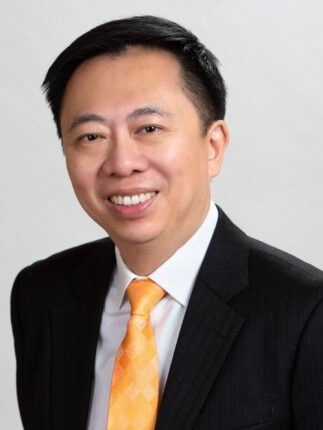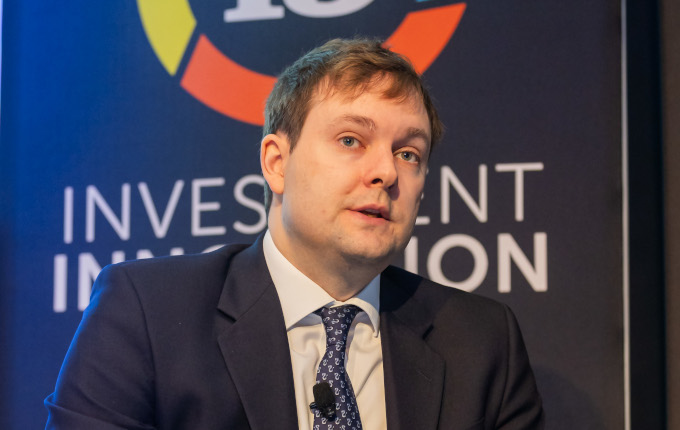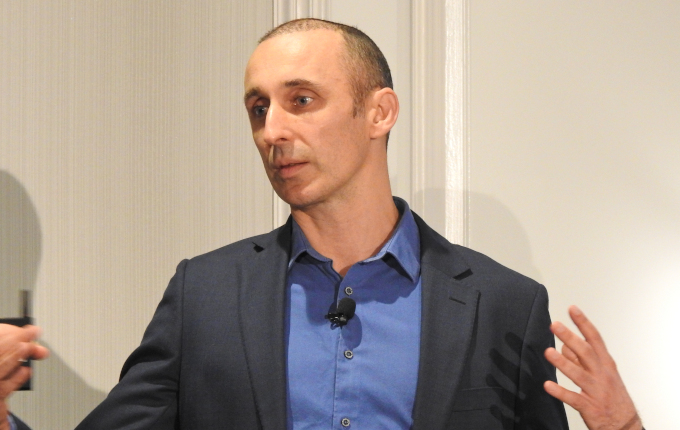Thematic investing opportunities today are often positioned as active investment decisions in an attempt to add active returns.
“Overall, thematic investing is an approach that allows investors to capitalise on emerging trends and potentially achieve attractive returns by focusing on specific themes that are expected to shape the future.” – ChatGPT
Themes are perceived trends that are expected to materially change the economies in revising existing and/or driving new business models.
Structural vs Transitory: Implications for Asset Allocation
Themes that materialise ultimately become structural.
However, even transitory themes that fade away over time can determine some characteristics of the investment opportunity set and are therefore, important considerations for strategic and tactical allocations.
Asset managers with existing expertise on few selected themes responded to the challenge by launching concentrated, single-theme ETFs.
Such resource heavy and often subjective conventional approach, due to its limited operational efficiency and adaptability to work with multiple themes, struggles to be the investment process of choice when used alone given the ever-increasing number of dynamic themes that span across different regions, sectors and investment horizons.
Themes are ‘Missing Factors’
In partnership with Allspring Global Investments, we are delighted to host this webinar on Risk-Managed Thematic Investing, featuring Wai Lee, Allspring’s Co-Head of Systematic Research.
This webinar first takes a more comprehensive view by framing thematic investing as a special case of factor investing through a total portfolio factor lens: Themes are missing factors.
Next, we discuss how to leverage advances in Natural Language Processing to identify themes that lead to development of an objective and systematic approach to quantify firms’ exposures to multiple themes.
Constructing Risk-efficient Frontiers
Lastly, we present a rigorous and unified process to construct risk-efficient frontiers of multi- or single- thematic portfolios, benchmark aware or agnostic, that are more theme-focused and diversified when compared to the conventional approach.
We demonstrate how the systematic and conventional approaches can be complementary to each other on thematic investing.
Presenter:

Wai Lee is the Co- head of Research for the Systematic Edge team at Allspring Global Investments. He joined Allspring from its predecessor firm, Wells Fargo Asset Management (WFAM).
Wai joined WFAM from Neuberger Berman, where he was the head of quantitative investments and a senior portfolio manager. Previously, he was the head of the quantitative engineering group at Credit Suisse Asset Management (CSAM). He joined CSAM from J.P. Morgan Investment Management, where he was in charge of quantitative research and risk management for the global balanced group.
Before joining the industry, he was a postdoctoral research fellow at the Harvard Graduate School of Business. Wai is the author of the book Theory and Methodology of Tactical Asset Allocation and has contributed book chapters on different topics.
He earned a bachelor’s degree with honors in mechanical engineering from the University of Hong Kong. Wai also earned a master’s degree in business administration and a Ph.D. in finance from Drexel University. He currently serves on the Advisory Board of The Journal of Portfolio Management and the Editorial Board of The Journal of Systematic Investing.
Enquire about this event





